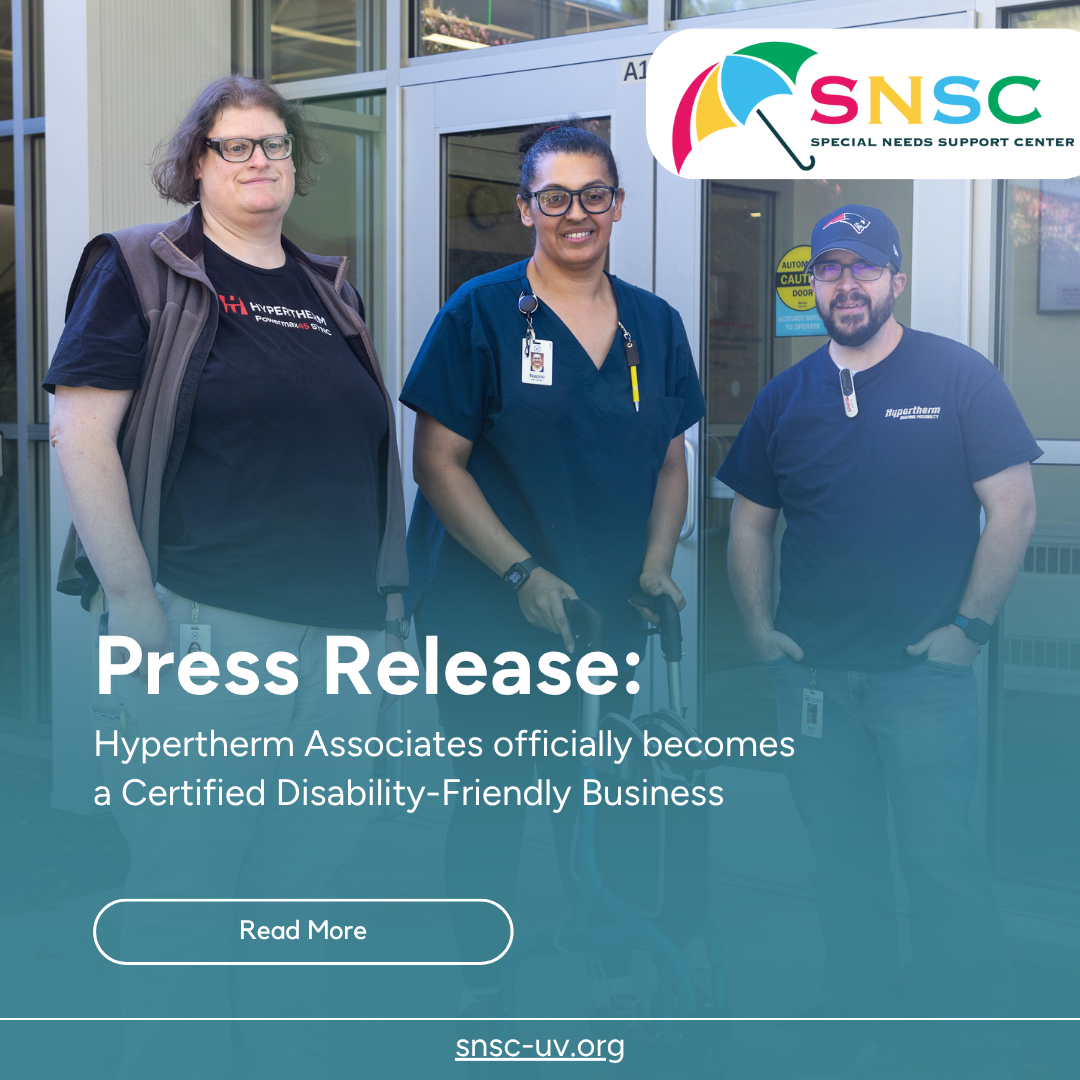WINDSOR — Like most parents, Josh Compton wants to keep his children safe.
To do so, however, Compton, who lives in Windsor with his wife, Laura, and their two sons, Henry, 10, and Truman, 8, must factor in Truman’s autism.
“It just so happens that one of our kids is especially vulnerable, and so we have some different things to think about,” Compton wrote in an email. “And worry about.”
For example, Truman will sometimes run without being aware of his surroundings, which is known as elopement. When Truman runs, “he does not seem aware of danger, and that includes cars on the road and — and this terrifies us on a regular basis — bodies of water,” Compton said.
Compton was excited to learn that the Windsor Police Department had joined the Special Needs Support Center’s Special Needs Information Program in January, partly because he hopes the program would help preempt Truman’s elopements and direct first responders where to look first if he does elope.
Better known as SNIP, the program provides information to first responders that can help them better respond to and serve people with special needs.
The free program started in 2018 as a partnership between the White River Junction-based nonprofit organization, which at the time was located in Lebanon, and the Lebanon Police Department, Special Needs Support Center Executive Director Dr. Kendra LaRoche said in a phone interview.
“We need to improve interactions between police officers and individuals with disabilities. There’s a lot of nationwide poor history there,” LaRoche said, citing a study from the Ruderman Family Foundation that examined the way the media covers police use of force.
Conversations about policing tend to focus more on race, and disability isn’t always mentioned, she said. “We’ve left disability out of the conversation, and yet it’s central to the conversations that are happening.”
In the years since 2018, the program has spread to the Hartford and Hanover police departments. Since those departments handle dispatch services for around two dozen Upper Valley towns, residents of other communities, including the five Mascoma Valley towns as well as Norwich, Thetford, Fairlee and Bradford, Vt., can also sign up.
People do not need to live in those towns to be able to sign up for SNIP; if they live elsewhere but frequently spend time in Lebanon, for example, LaRoche encourages them to fill out the form.
As of January, there are 48 people registered for SNIP in 12 of the 25 towns Hanover dispatch serves, according to data provided by Michael Trottier, communications officer for the Hanover Police Department and Hanover Regional Communications Center.
The voluntary program includes a form that caregivers or individuals with special needs can fill out to inform police, fire and EMS workers about their family members. That information is stored with each respective town’s dispatch service, and if first responders have to respond to a call involving that individual, the dispatcher can give them that information, Trottier wrote in an email.
It may include an individual’s triggers such as sirens, flashing lights and a loud tone of voice, according to the form. There also are fields to describe an individual’s behavior when they are triggered, such as running and aggression. Families also can describe which de-escalation techniques are effective, as well as topics an individual likes to talk about — and what they don’t. There’s also a place to write which “special phrases, songs or words” an individual responds to well.
When Windsor joined SNIP, the form was also updated to provide license plate information for two vehicles, LaRoche said. There are plans in the works to create magnetic bumper stickers that can be put on vehicles people enrolled in SNIP travel in, as well as other improvements to the database to allow for sharing information across state lines.
“Some of the (behaviors) that we might associate with suspicious activity, we’d look at that instead differently,” Windsor Police Chief Jennifer Frank said in a phone interview. Windsor created its own registry in 2021 and joined SNIP because that information can be shared with first responders in other Upper Valley towns that participate in the program.
There are around two dozen people signed up for Windsor’s in-house program and staff are working on contacting them to see if they want to voluntarily join SNIP. “It just helps us to better serve our community,” Frank said.
LaRoche emphasized that the program “includes the full spectrum of mental health as well as physical health and developmental disability,” including people who may have schizophrenia or anxiety. She also encouraged people who have family members with memory disorders to sign up.
“When we have responded to crises, it’s been helpful to let police officers know that the person they interact with may not act ‘as expected,’ has special triggers or responds best to a particular de-escalation strategy,” Trottier said. “It helps the responders better frame the situation and create a plan to address it that’s focused on the needs of the individual and how best to help them while reducing the risk of harm to all involved.”
Police officers can help people fill out forms, which gives them an opportunity to connect with someone in a low-key situation. Special Needs Support Center staff also are available to help.
“Some SNIP participants have complex medical needs, and this is one of the scenarios I personally encounter most,” Trottier said. “I have been able to share that information with responding EMS units, and this has helped us to start a higher-level response and get the patient to the right level of medical care more quickly.”
Compton, the Windsor parent, described the form as easy to fill out — the family did so within minutes of the announcement that Windsor had joined. In Truman’s case, he is non-verbal and the form addresses that.
“He can’t ask for help, at least not in the conventional way,” Compton, a Dartmouth College professor, said. “So the help needs to be there at the ready, before he needs it, and that means anticipating his needs.”
For more information about SNIP, visit snsc-uv.org/snip/. Liz Sauchelli can be reached at esauchelli@vnews.com or 603-727-3221.




